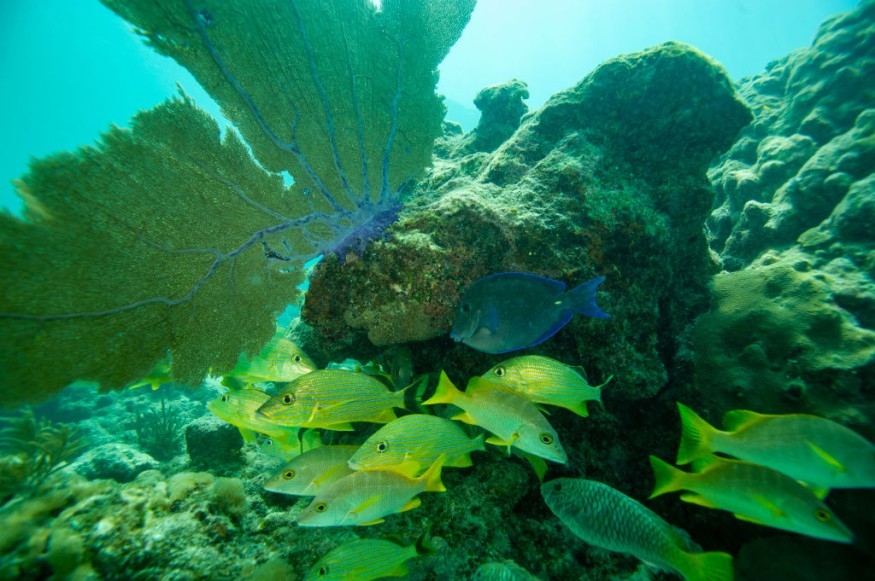Extremely high-water temperatures can be fatal to fish as it reduces the quantities of dissolved oxygen in the sea that they require to exist, a study suggested.

Since April, scientists at the National Oceanic and Atmospheric Administration have been following a continuous rise in ocean temperatures, and thousands of dead fish have come ashore in Florida coastal locations ranging from Hallandale Beach to the Tampa Bay area, as well as throughout the Texas Gulf Coast.
Wildlife officials in some of those places have blamed the deaths on low oxygen levels in the water, known as hypoxia.
"As the temperature in the water increases, the amount of oxygen available decreases. And too little oxygen spells trouble for fish. It's hard to imagine, but a fish can drown," explained Martin Grosell, professor and chair of the Department of Marine Biology and Ecology at the University of Miami Rosenstiel School of Marine, Atmospheric, and Earth Science.
Read Also : Fish Kill in Louisiana Due to Lack of Oxygen, Experts Say Possible Uptick as Oceans Warm
Impact on body system
A marine biologist explained that higher temperatures can have a variety of effects on the body systems of fish.
"On the most basic level, as temperature goes up, metabolic rate goes up. This means fish need to consume more oxygen and need to consume more energy to survive," said M. Danielle McDonald, a professor of marine biology and ecology and an expert in fish physiology and behavior.
A fish will struggle if oxygen levels are low or food is sparse. They will have to divert energy from other activities, such as reproduction and growth, which may have ramifications for the entire population.
The worst-case scenario is that they die.
High salinity
Another factor that might contribute to the mass killing of fish in the ocean is high salinity.
According to Grosell, the emission of sulfides from marine sediment, particularly during hypoxia periods, can also lead to fish fatalities.
"And that sulfide is a respiratory toxicant," he said. "So, when you add sulfide to a situation where there's low oxygen and high oxygen demand because of the high temperatures, then you're really crushing the system."
Some fish species tolerate greater ocean temperatures better than others, and even within a particular species, there are individual fish that can tolerate higher temperatures due to genetic variation.
Last month, thousands of tons of dead fish washed up on the riverbanks of Iraq's southern province of Maysan as a result of a significant increase in salinity and pollution.
The Global Oxygen Network, a United Nations Decade of Ocean Science for Sustainable Development (2021-2030) working group that provides information on the causes and consequences of oxygen loss in the world's oceans, reported that the area of low-oxygen water in the open ocean has increased by 1.7 million square miles since the 1960s.
A team of scientists claimed in a 2021 study published in the journal Geophysical Research Letters that by 2080, over 70% of our global oceans will experience considerable oxygen reductions due to rising temperatures, potentially affecting marine ecosystems globally.
However, according to Grosell, it is difficult to anticipate how much maritime heat waves may affect world fish populations.
"It's probably not good, but trying to determine the impact of an isolated marine heat wave, such as what we're experiencing this summer, on fish populations is hard for us to determine," he added.
Related Article : Warm Ocean Temperatures Make Fish Forgetful, Vulnerable to Predators
Related Video:
© 2025 NatureWorldNews.com All rights reserved. Do not reproduce without permission.





